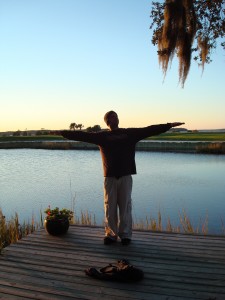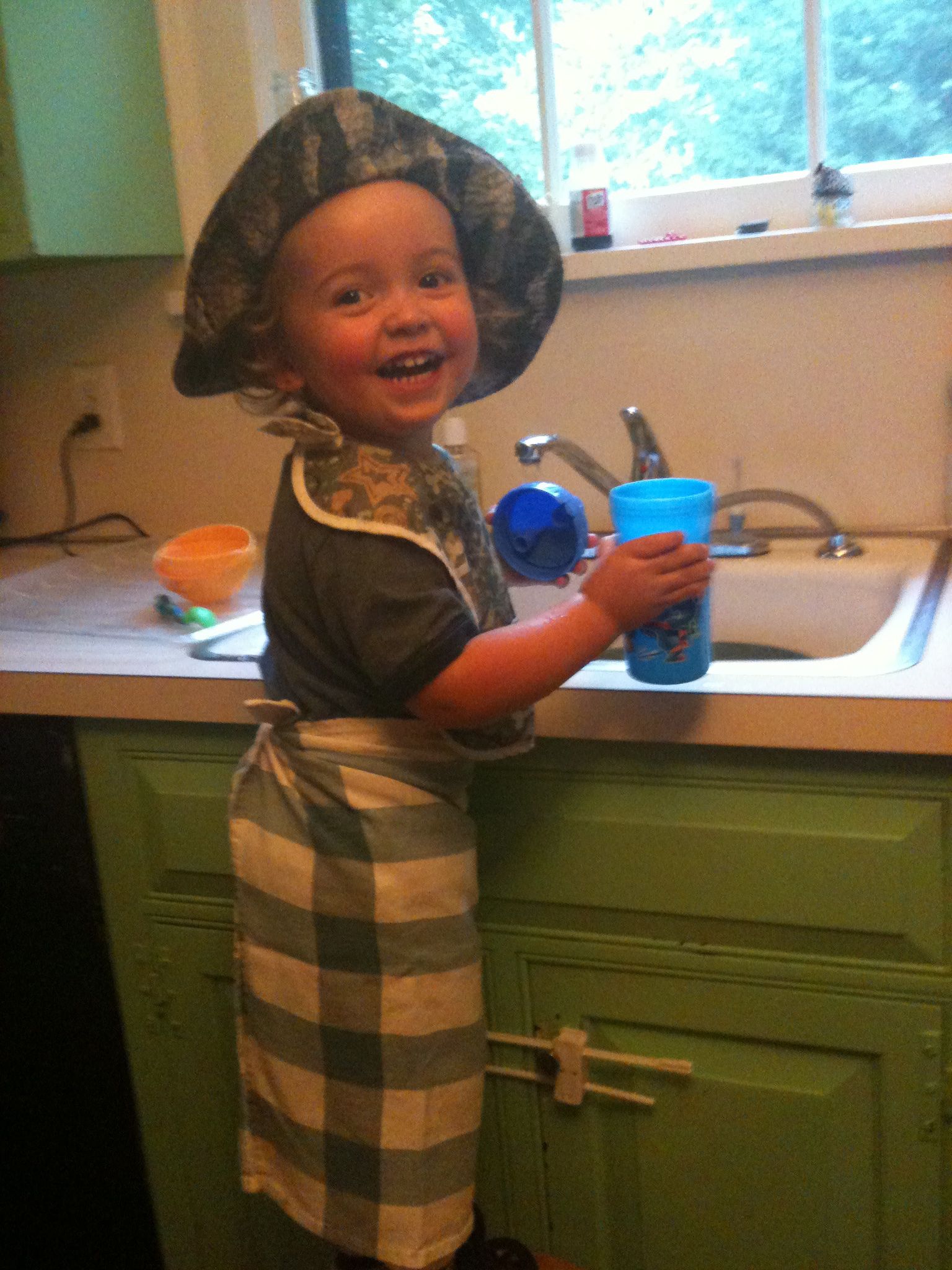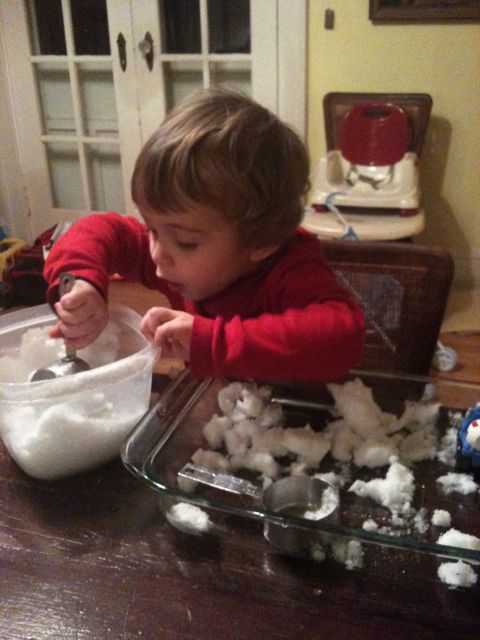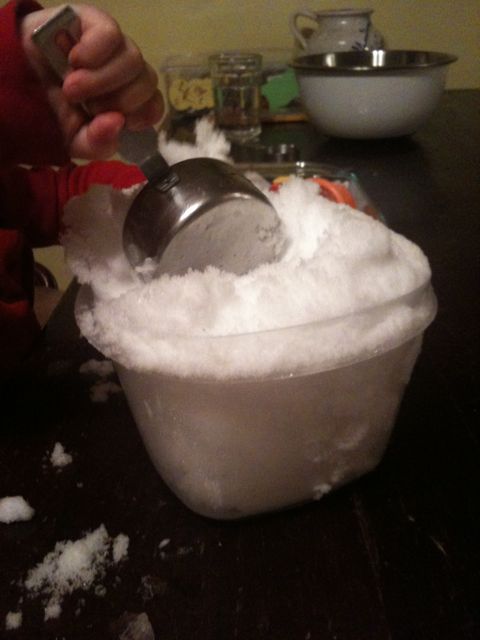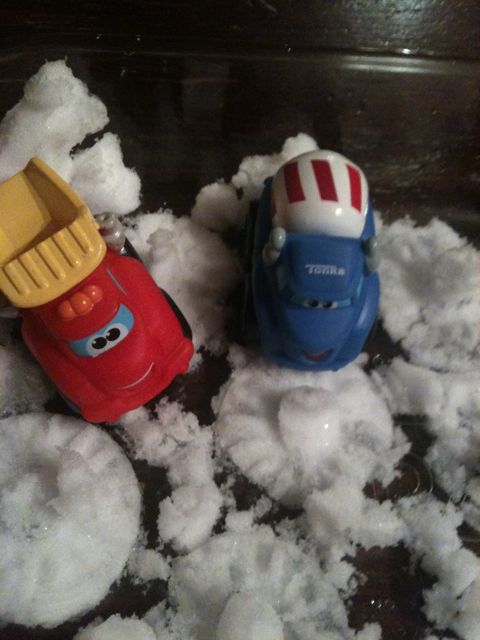My brother was in jail when he found out our father had died.
Earlier that year, my family discovered the depths of my brother’s drug addiction were much, much worse than any of us imagined. Once I convinced my father I was not exaggerating, he stepped in and became my brother’s confidante. His only confidante. And then he died.
Having a family member struggle with the abyss of drug addiction has been one of the most counter-intuitive, emotionally complex things I’ve ever gone through.
All the things you’d think were right (go down and put his ass in rehab, get him away from his posse and shower him with love, give him a job and an opportunity to see beyond his situation) do not work. (We’ve tried them.) And so to some degree you give up. You don’t give up hope, but you wait for the person to decide they have “hit bottom” and are finally ready to end the nightmare.
At my father’s funeral, my brother told me he had not yet hit bottom.
This experience led me to the book Beautiful Boy: A father’s journey through his son’s addictions by David Sheff. Sheff learns of his son Nic’s addiction to methamphetamine during Nic’s freshman year at college. Which is a far cry from what he told his father at age seventeen, admitting to using “some drugs ‘like everyone,’ ‘just pot,’ and only ‘once in awhile.’
Now that he knows the truth, Sheff laments, “I learn that now that he is over eighteen, I cannot commit him…Had I seen this coming, I would have forced Nic into rehab when I still could have made the decision for him.”
His son snowed him, just like my brother has been snowing my family for ten years. Just like our children may one day try to snow us.
—
“An alcoholic will steal your wallet and lie about it. An addict will steal your wallet and then help you look for it.” — from Beautiful Boy by David Sheff
I’ve felt heartache, fear, disappointment, regret and sadness that I couldn’t/didn’t/can’t save my brother from his personal hell. But most of all, I’ve felt anger. Raging, ugly anger. Anger over his lies, anger that he hasn’t taken all the opportunities given to him to live a new life, anger that he’d allow himself to get to a place unimaginably low, and disgust over his lifestyle, the smell of his clothes, the scars on his hands.
But we all know anger is a mask for sadness.
And when I allow myself to stop and really feel what I feel over this person I adore, what rises to the surface is an overwhelming, frantic grief and profound loss.
And when I think about what my mother must be feeling, my heart nearly explodes. She doesn’t speak of her true feelings very often, but she once confessed to driving up and down the drug district of her town looking for him, expecting to see her son lying in a heap on the side of the road. Thinking of myself in her situation, searching for my own son on the side of the road, is almost too much to handle. Too far to let my mind go.
My young sons have not yet experienced tragedy, victimhood, true fear. They don’t know about domestic violence, child predators, suicide, going broke or divorce. They don’t even know about playground teasing, not fitting in, being too small or too big or not good enough in the eyes of their peers. Or whatever other early events that might lead a person to drugs.
But their perfect view of life will get shaken eventually. And I pray like hell I can give them the set of tools to handle those emotions without turning to drugs. Which isn’t to say they won’t do it anyway.
—
“The meaning I have come to is that Nic on drugs is not Nic but an apparition. Nic high is a ghost, a specter, and when he is high my lovely son is dormant, pushed aside, hidden away and buried in some inaccessible corner of his consciousness…Nic is in there and he–Nic, his essence, his self–is whole, safe and protected…[Yet] Nic may never again emerge.”
I don’t know if my brother will ever again emerge, yet with each detox and promise to get clean comes the hope that this horrible chapter is finally over, and that the long journey of true recovery and sobriety, can finally begin. I accept that I cannot control when or if this ever happens.
But what about what I can influence? What about my own children?
Some children will experiment a handful of times and then move on (like me). While for others, it’s a gateway to the unimaginable. How will you know which is which?
David Sheff’s child was gifted, bright, loved by all, and got into Berkeley. So what if he smoked pot once in awhile? (Except that, of course, it was so much more than pot.) Sheff took all the reasonable steps–he spent more time with his son, they went through counseling, he sent his son out of the country for the summer.
I think back to high school, and the kids who got sent away to military school or something just as extreme-sounding. Their parents took drastic measures to remove their children from harm. Are those kids better off now?
What would I do? What will you do?

